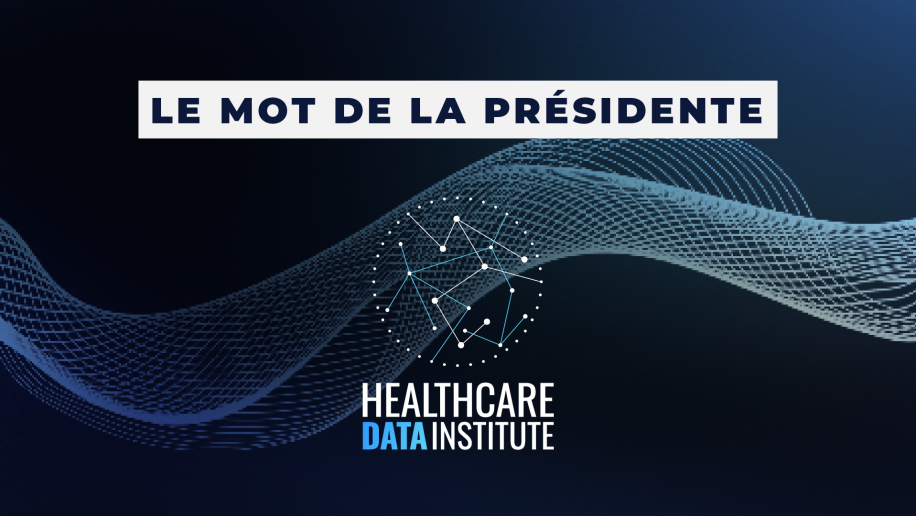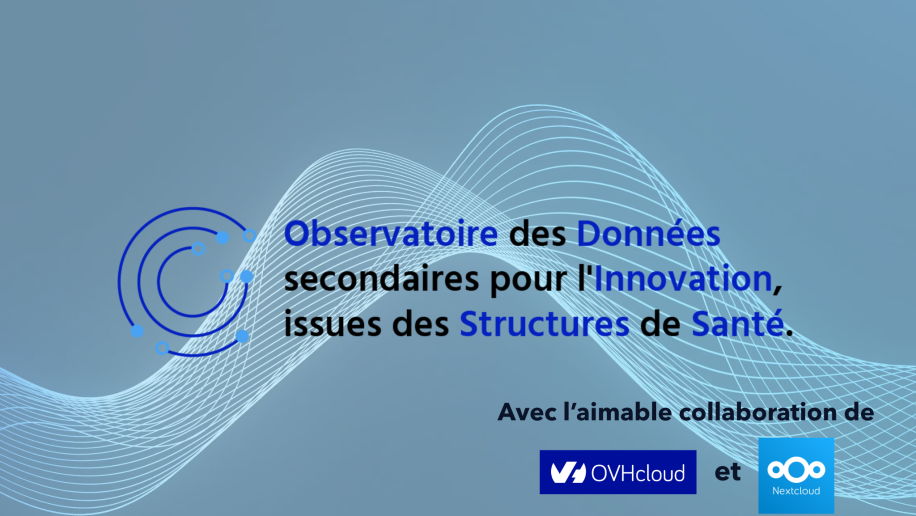Big Data has the potential to revolutionize healthcare delivery and improve patient care around the world.
The potential applications of Big Data in healthcare are manifold. From being able to improve operational efficiency in acute care institutions, to advancing patient care with the advent of ‘personalized medicine’, to being able to speed up the process of drug discovery, there is much to be gained from mining ‘big’ healthcare data.
Big Data can be used as a basis for medical forecasts, using algorithms to predict and model the outbreak ofdiseases, in order to better plan and prepare treatment options. Future applications will evolve as patient needs change and technology develops. Nowadays, the application of Big Data and Analytics is already being used to support clinical decision making. The ability to collate and use demographic data is a critical consideration in areas such as hospital readmissions and precision medicine. Using clinical data and consumer sociodemographic data, clinicians can develop care and treatment plans, and mapped to the personalized need of the hospital, to improve the quality of care for all patients.
In the world of new opportunities, there are at least two areas where information medical providers such as Elsevier will concretely utilize greater application of Data Analytics and Big Data to contribute to healthcare revolution.
Help identifying information gaps in Science.
Classic Big Data research looked for statistical causal relationships. For years we have been investigating causal relationships between, for example, a disease, proteins, lifestyle and health. This revealed all kinds of relationships that were previously suspected, but could never be proved. With faster calculation techniques and machine learning, it is now possible to analyze what we don’t know and what is missing. This allows users to find gaps in the information available. Looking for gaps in data is a more recent phenomenon that will enable Science to expand further.
Support standardized and evidence-based healthcare delivery.
It is predicted that by 2020, medical information will double every 73 days. As medical information is growing exponentially, there is a need to ensure we have the right tools to help us gather, organize, analyze, and deliver properly this information to the end-users, whether a clinician or nurse. Medical information search tools are increasingly informed by Big Data to deliver relevant evidence-based information, directly in the context of the patient. In Germany, Elsevier have partnered with service provider spektrumK to evaluate six million anonymized patient datasets along with data from 25 million medical publications. As a result, physicians can rely on insights from the most recent clinical trials and real-world health data that they would never have been able to access or process their own.
Vincent Cattiaux
Head of Elsevier Clinical Solutions France.




